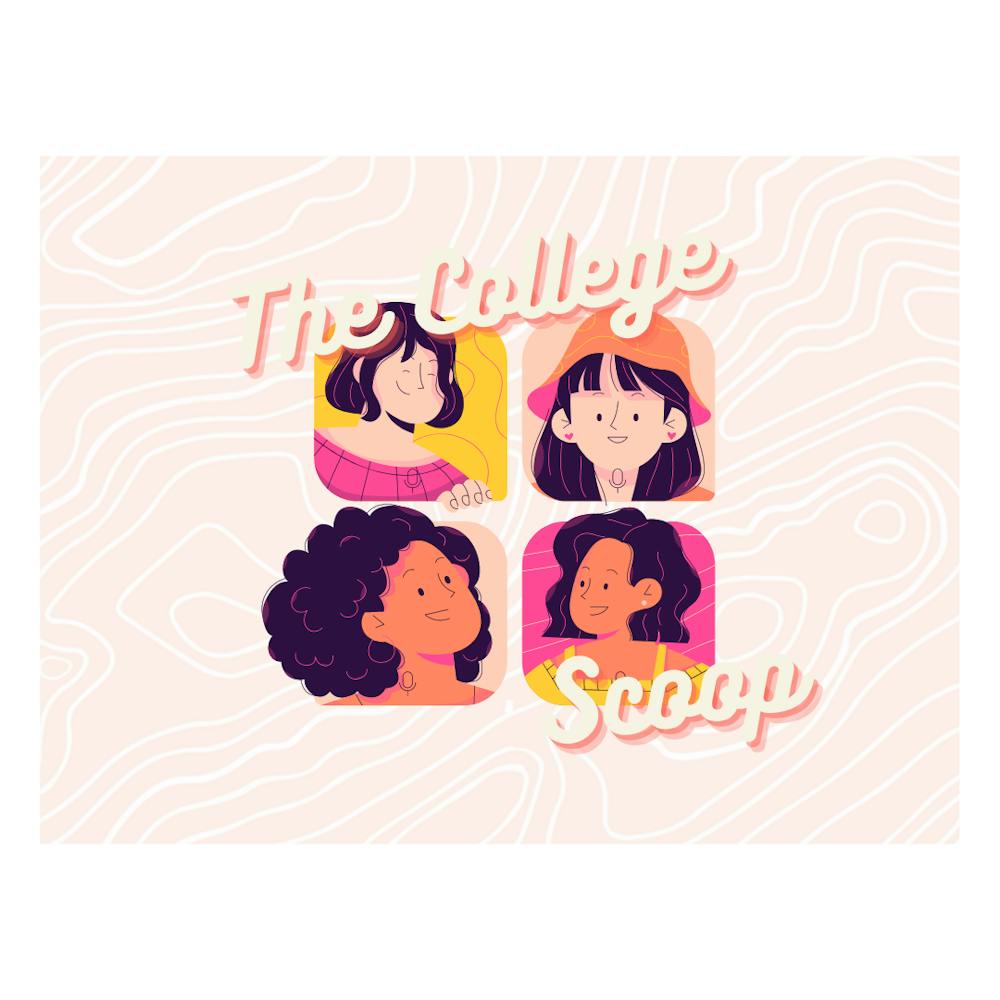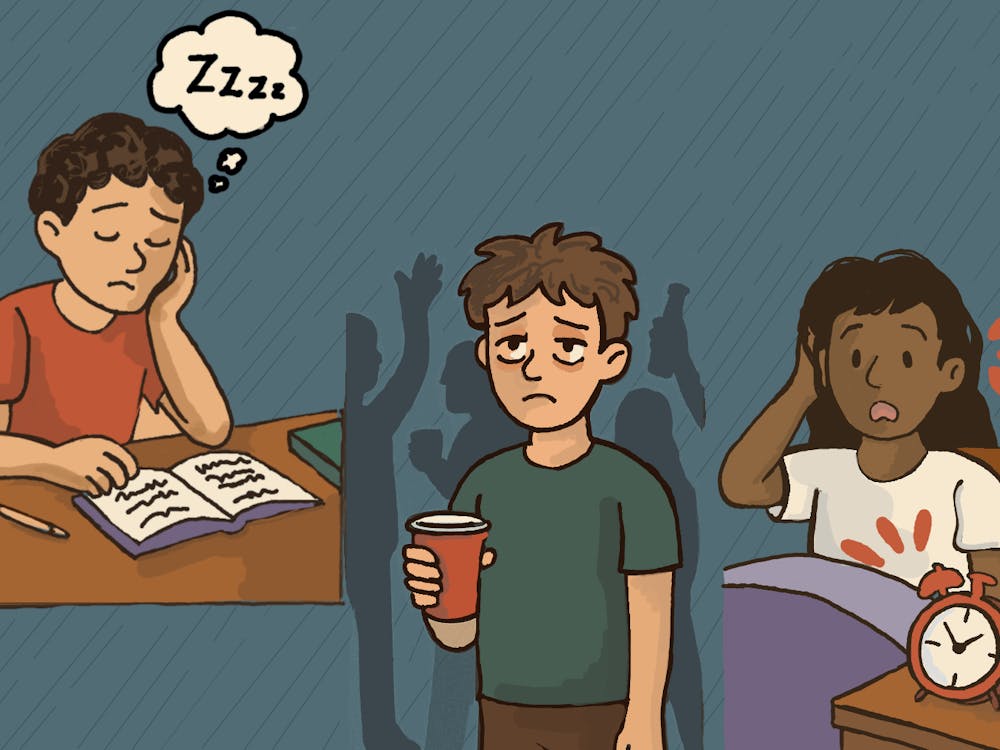Applying to college is a daunting task — especially when students may not have mentors who have gone through the process to help them. As first-generation, low-income and minority students navigate the world of college applications and transition into a new period of their lives, resources seem limited and hard to organize — even more so during a pandemic where regular processes are shifted from the norm.
As students are overwhelmed by the current events and application processes, The College Scoop serves to act as a mentor in a time of uncertainty. The College Scoop, an organization founded at the University this March, was created to empower students within the FGLI and minority communities to aid in the college application and transition process. With the goal of bridging the gap of knowledge and resources between all students, The College Scoop dedicates itself to connecting with students all across the globe to provide resources and mentors to ease into the intimidating task of entering the college environment.
Fourth-year College student Savannah Page founded the College Scoop. With a strong drive to create avenues to pursue her passions, The College Scoop was inspired by her own experiences as an out-of-state student and the difficulties that have come with communicating during the pandemic.
“I started thinking about when I was going through college and the fact a lot of students aren't able to come visit … I wanted to provide a community where students could get a sense for what U.Va. is like without having to come [physically],” Page said. “Connection is so difficult during the transition period from high school to college [and] COVID made things even harder so I wanted to ease that burden.”
The College Scoop aims to act as a hub of free resources that any incoming or current college student may be looking for — from financial aid assistance to adjusting to classes, the organization hopes to become a place where students can rely on answering any troubles they may face in the transition to college life and the application process. Along with the diverse resources available, The College Scoop runs a mentoring program that pairs students at any level of their academic career with a University student who wants to help. Currently there are 170 active mentees and 50 mentors within the program, and the program is continuing to grow with 230 new potential mentees having filled out contact forms.
“Essentially we work to inform students through our mentors to what resources are out there,” Page said. “The goal is to equip mentors with this ability to both understand what students need and connect students with those resources … [but] the most important thing is just a desire to really make a change and make an impact in someone's life and really use your experiences to guide someone else, through their path.”
The mentoring started since the organization’s founding in March, and high school students all over the globe have been paired with University mentors to learn about the college application process and how they can best transition into a college environment. The club is actively seeking to reach out through guidance counselors of schools in different states in order to let high school students know of the mentorship program available to them.
Andjelika Milicic, fourth-year College student and vice president of The College Scoop, spoke about what makes the mentorship program unique and her experience as a mentor in the organization.
“Our club is catered towards following through the transition, so you can get help with the application process, of course, but more so following you through your first year of college and building relationships … [making] you not think of it as just a time commitment,” Milicic said. “It’s providing social and emotional support but also academic help whatever [mentees] may need.”
Although the executive board consists of University students, the mentees are able to enjoy conversations and resources that don’t necessarily have to be specific to the University. Students all across the world are able to ask questions regarding any concerns on how to better understand where they may be spending their time in pursuing a higher education.
Shana Xia, a current junior at American Heritage school in Plantation, Fla., has been a mentee of Page since the conception of the organization and talked about the highlights of her experience within the mentorship program.
“Honestly, [my favorite part is] just the accessibility, because it's not too formal and [mentors] send out emails welcoming you saying, ‘Hey reach out to us if you need anything,’” Xia said. “I think the casual relationships that arise out of [the program] are really nice … you get to make a new friend, [and] you don't feel the constant pressure of having to be formal and perfect.”
As the organization takes its first steps into expansion, Page hopes to continue its efforts in building not only relationships but a wealth of resources and grants to help FGLI and other minority communities.
“We've [recently] partnered with the Student Council and we've submitted a $150,000 grant to the Jefferson Trust to apply for,” Page said. “[The grant will] help fund a textbook library for low income students that students could pull from during the semester, and keep a book for the whole semester and then return it.”







